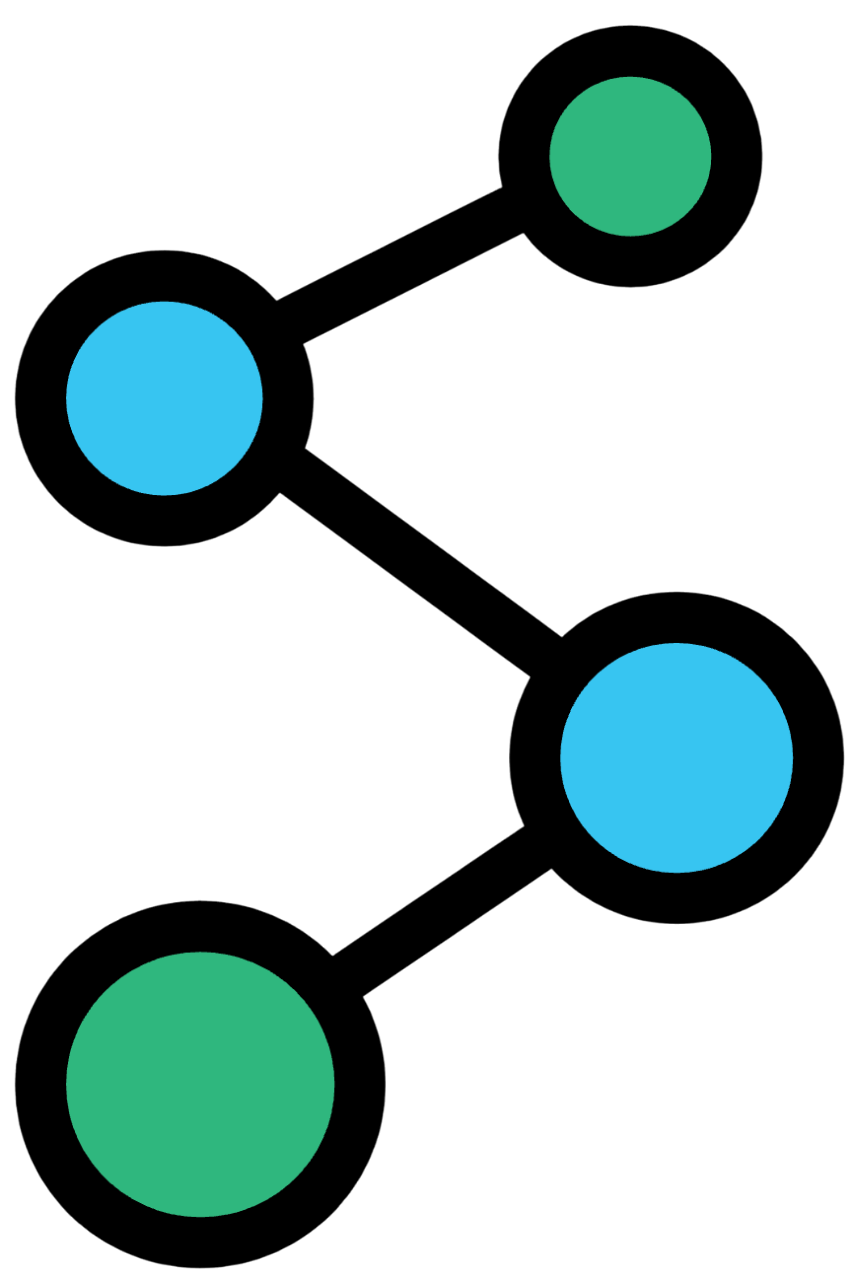Paper
Anti-selfdual Lagrangians: Variational resolutions of non self-adjoint equations and dissipative evolutions
Authors
Nassif Ghoussoub
Abstract
We develop the concept and the calculus of anti-self dual (ASD) Lagrangians
which seems inherent to many questions in mathematical physics, geometry, and
differential equations. They are natural extensions of gradients of convex
functions --hence of self-adjoint positive operators-- which usually drive
dissipative systems, but also rich enough to provide representations for the
superposition of such gradients with skew-symmetric operators which normally
generate unitary flows. They yield variational formulations and resolutions for
large classes of non-potential boundary value problems and initial-value
parabolic equations. Solutions are minima of functionals of the form (resp. )
where is an anti-self dual Lagrangian and where are
essentially skew-adjoint operators. However, and just like the self (and
antiself) dual equations of quantum field theory (e.g. Yang-Mills) the
equations associated to such minima are not derived from the fact they are
critical points of the functional , but because they are also zeroes of the
Lagrangian itself.
